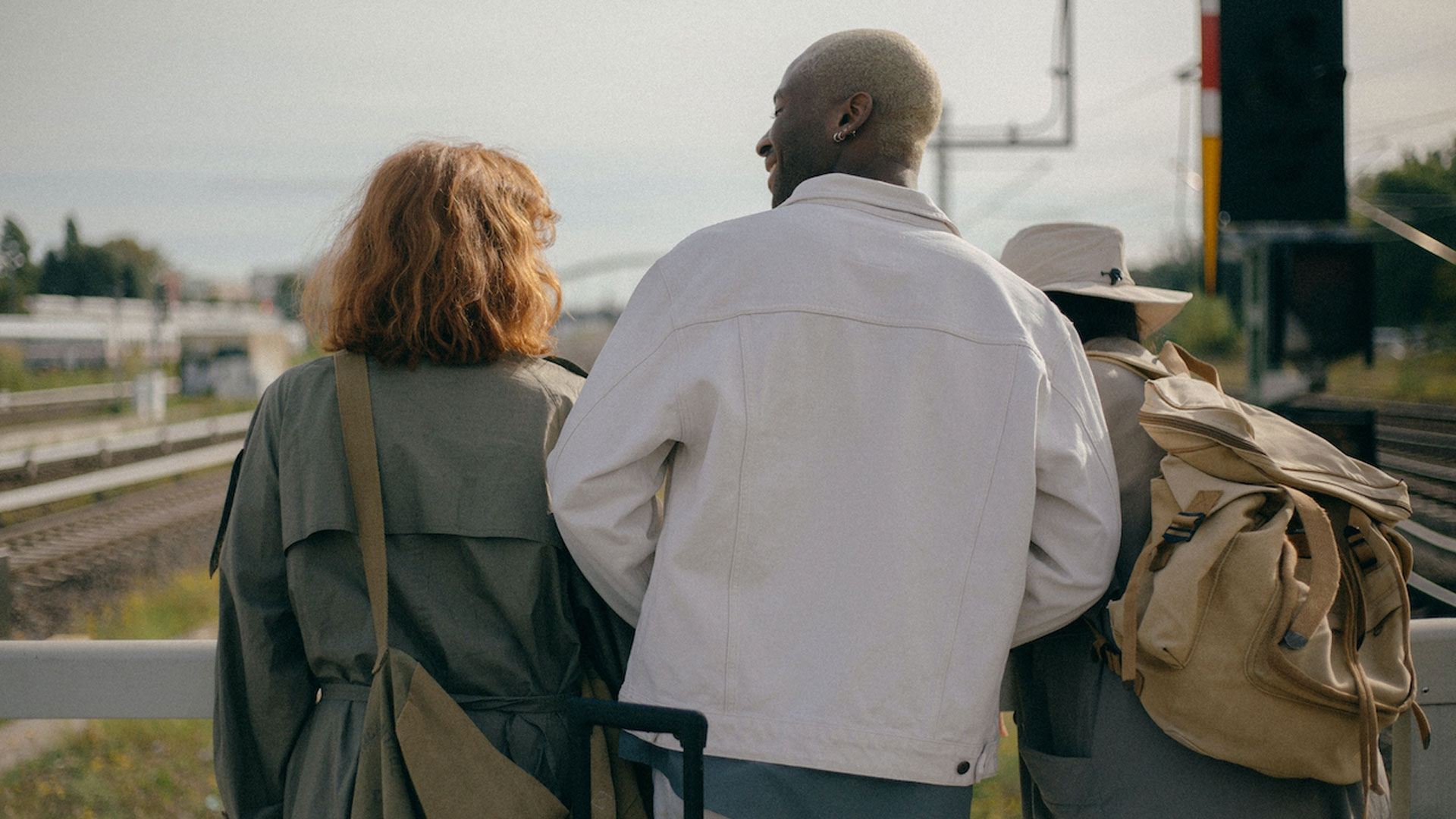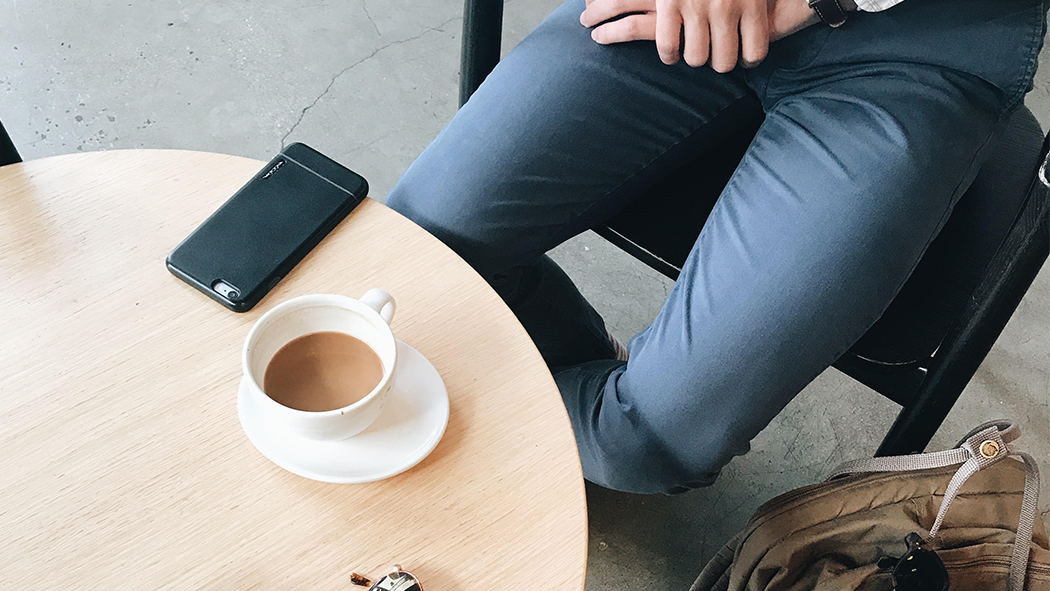
Things have changed quickly.
In a matter of 10 days, I went from my normal routine of groceries and gymnastics and playdates to staying home for all but the essentials. Best practices and official guidelines vary somewhat depending on where you live, but by now nearly all of us are practicing some form of social distancing or self-isolation or quarantine to slow the spread of COVID-19.
Hammering out the details of this new lifestyle is still in process, but whatever else is involved, it’s clear that we are all both saying and hearing “no” a lot more than usual.
For my family, our first “no” was cancelling a weekend trip for a nephew’s birthday party. This felt a little preemptive, but the novel coronavirus was more present in our area than theirs, and there would be some vulnerable family members present whom we wanted to protect.
Then it meant calling off my brother’s cross-country visit, one he’d been planning for months. His cancellation leaves him still not having met his youngest nephew.
We’ve been on the receiving end of “no,” too. Parties are cancelled, my husband’s long-anticipated master’s graduation is gone. All manner of outings and gatherings have been struck from my calendar. Friends are — heartbreakingly — rethinking their wedding plans. Even public Mass is gone, something that would have been unimaginable just a few weeks ago.
Staring down a planner full of cancellations, it’s tempting to despair.
I should be clear here: I’m a stay-at-home mom with no kids in school yet, so this should feel minimally disruptive. But this is tough for all of us in different ways.
Single people may be feeling lonely and isolated, or stuck with roommates they never meant to spend so much time with. People who can’t work from home may feel fearful of spreading the virus or falling ill themselves. Parents may be overwhelmed by the sudden need to guide their children into what may be a new normal for a while, and without the sanity-saving support of their usual structures.
For me, fresh out of a bout of postpartum depression, it’s challenging to give up many of the coping techniques that were keeping my mental health intact: getting out of the house, connecting face-to-face with friends, hiring a babysitter so I can take a real break.
I’ve reached for different mindset adjustments: focus on what you can control, try not to overload on information, practice gratitude. They all help some, but the biggest help right now is remembering this:
Saying “no” is really about saying “yes.”
When we say “no,” it’s not for the sake of saying it. Even when we’re not in the midst of a global viral crisis, this should always be the case. The things we deny are for the sake of the things we affirm.
So when we say “no” to our usual routine, we’re really saying “yes.”
We’re saying “yes” to health — for ourselves and for our communities. We’re affirming the value of those who are most vulnerable to this disease.
We’re saying “yes” to the principles of Catholic social teaching: upholding the dignity of life, working for the common good, sharing rights and responsibilities, and more all are at play here. We’re saying “yes” to solidarity — to the reality of our human interconnectedness — even as we appear to avoid connection.
We’re saying “yes” in very unromantic ways. Staying home doesn’t feel particularly heroic or loving. But we can say “yes” even to tedium if that’s what others need from us.
This mindset shift isn’t magic. I’m still struggling a lot with long days as my children’s only source of entertainment, and I wish desperately that I could have an end date to count down to.
But I’m finding it helps to think of our response to this pandemic disruption as a positive step, rather than a denial. Saying “yes” rather than “no” helps me to be gentler with myself and with others. It helps me understand these unusual sacrifices. And it helps me find the resolve to meet whatever challenges are still to come.






















